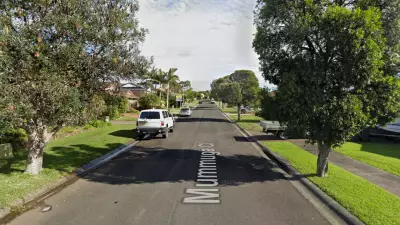
The City of Newcastle is implementing significant changes to how it gathers and responds to community feedback after an independent review identified shortcomings in current engagement practices.
Independent Review Sparks Change
A notice of motion presented to the November 11 council meeting revealed that staff are acting on recommendations from the Davidson review, which examined the council's community engagement processes. The review found that some community members described the council's approach as 'tokenistic' and 'superficial', with a 'decide and defend' mentality.
Nick Kaiser, City of Newcastle's executive manager for media engagement, economy and corporate affairs, confirmed the council is developing an educational campaign to build broader understanding of community engagement principles.
Addressing Engagement Challenges
The Davidson review specifically recommended that the council should seek community feedback earlier in key decisions and ensure that community members who make submissions are informed about consultation outcomes and subsequent decisions.
Mr Kaiser highlighted the challenge of 'opt-in bias', where feedback typically comes from those at extreme ends of opinion spectrums. 'We'll also highlight the concept of 'opt-in bias',' he said, 'as well as engagement opportunities that enable all potentially impacted individuals to have their say.'
The council plans to provide greater clarity on how community feedback influences project changes, and importantly, where feedback was considered but not implemented due to competing considerations.
Improving Transparency and Communication
Several submissions to the Davidson review expressed need for greater transparency across major project spending, operational costs, and council performance. The review identified a disconnect between good planning practices and their delivery to the community.
While the council undertook comprehensive consultation on several major projects, community members reported their concerns weren't adequately addressed in some instances, such as the Newcastle 500 event.
'Whilst some residents will never agree with some decisions made by council,' the review noted, 'there were instances where earlier engagement with residents could have been highly beneficial.'
Mr Kaiser pointed to recent examples of improved engagement approaches, including campaigns for Camp Shortland, Queens Wharf revitalisation and the Blackbutt Reserve plan of management.
The council is now sharing key insights through curated social media posts, Newcastle Connect articles, and media releases to ensure the community understands 'not just what was asked, but also what was heard during the engagement process.'
The council remains committed to refining its feedback mechanisms as it learns more about how people absorb, interpret, and understand engagement reporting.






